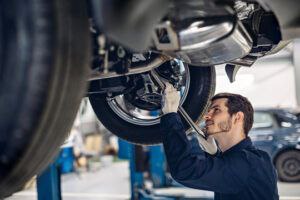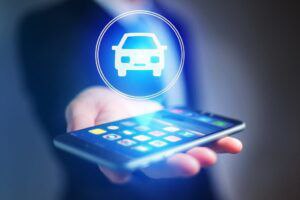
The Japanese reconditioned cars are dominating the automobile market of Bangladesh for a long time. But, currently the demand for Japanese reconditioned cars is slowly declining. In 2016, reconditioned cars almost covered 92% of the demand, and in 2020, it decreased to 82% of the automobile industry in Bangladesh. The tax difference between reconditioned Japanese cars and brand new cars became minimal. Currently, ‘NBR’ imposed tax on reconditioned vehicles based on their base value, not on their depreciated 2nd hand value, that made the car more expensive than the actual price.
On the other hand, brand new cars are taxed based on the importer’s actual cost. So, the price difference between reconditioned cars and brand new cars becomes minimal and people are becoming more interested in purchasing brand new cars. Although the ‘Japanese Domestic Market (JDM)’ car is made only for use in Japan, the reconditioned ‘JDM’ is imported to Bangladesh. Peoples of Bangladesh prefer to buy Japanese durable cars. These cars have some features which are of no use for Bangladeshi users. Besides that, these cars come with outdated features, whereas brand new cars come with plenty of new features.
An online survey of Lightcastle shows that, 50% buyers consider ‘unique features and specification’ and 44% of buyers consider ‘brand value’ and 34% of buyers consider ‘availability of parts and service’ of a car before purchasing. But the latest features are not available in reconditioned cars.
Authorized importers and dealers are now ensuring the availability of authentic parts for brand new and luxury cars. That’s why a shift in the automobile industry has been already observed in recent years. In 2016, brand new cars covered 7% of the total market. After 4 years, in 2020, the market share doubled and covered 16% of the total market. Importers are importing new cars from various brands of China, Germany, India, Malaysia, South Korea, Thailand, UK and US. It is expected that the brand new car’s market share will increase to 20%-60% by 2025.
Credit


